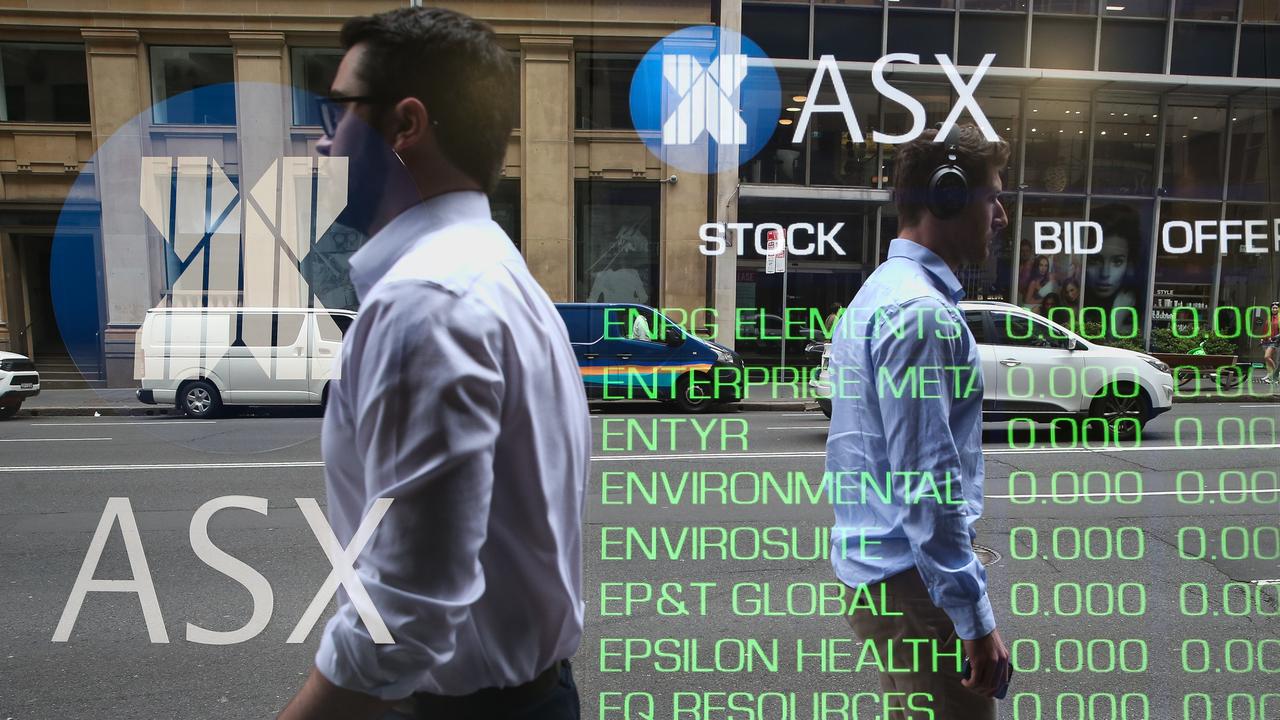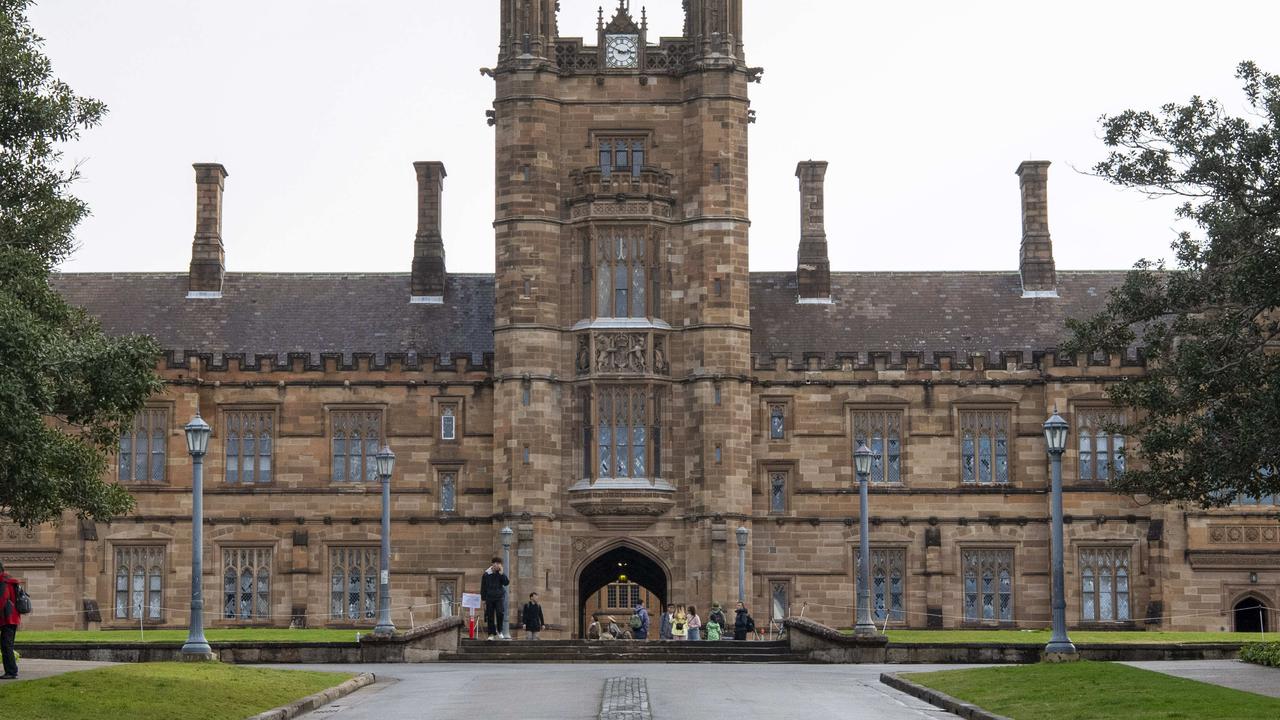RBA’s ‘unnecessary’ rate rises slammed by experts as ‘consumer recession’ looms
One of the nation’s best-known firms has spectacularly unleashed on the RBA, blaming it for pushing the Aussie economy to the brink.
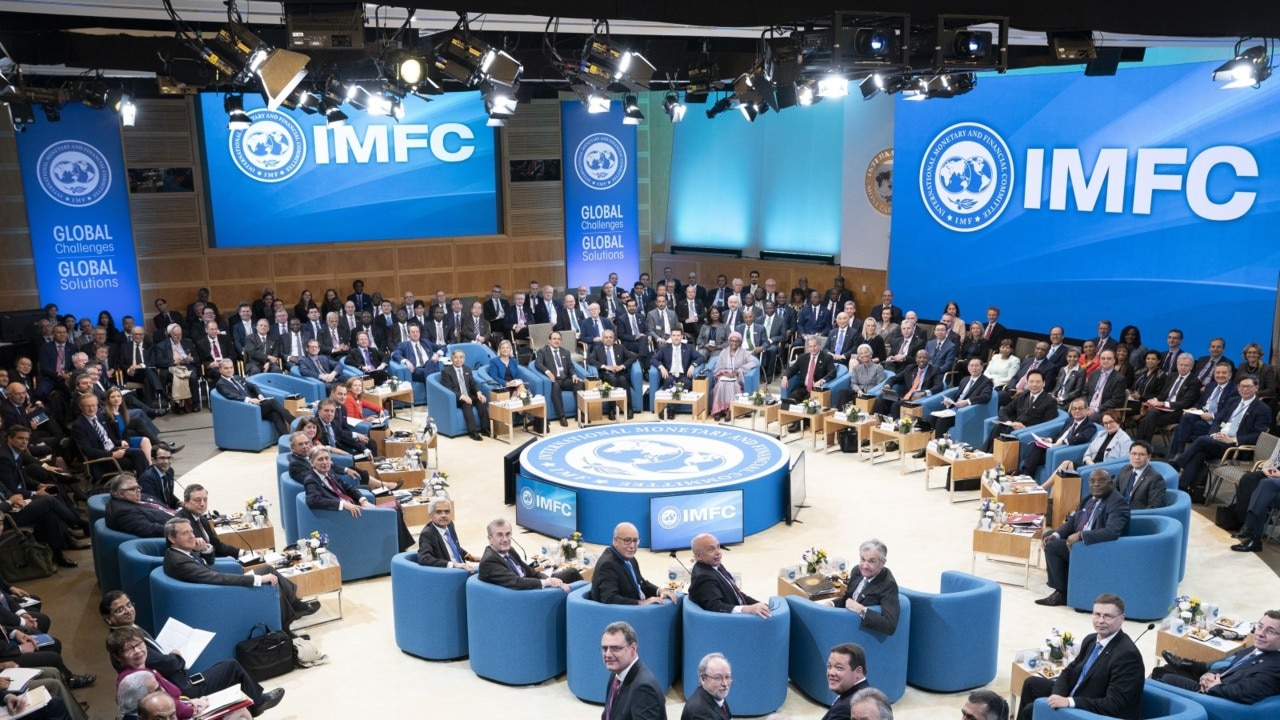
Economy
Don't miss out on the headlines from Economy. Followed categories will be added to My News.
One of the nation’s biggest consultancy firms has spectacularly unleashed on the Reserve Bank of Australia, slamming the board for “tempting fate” and putting the economy “on a knife-edge”.
According to the newly-released Deloitte Access Economics Business Outlook, the RBA’s decision to pass two rate rises earlier this year hot on the heels of eight in a row in 2022 was a mistake that has harmed not only individual homeowners, but the wider economy too.
Despite hitting the brakes this month and leaving the official cash rate at 3.6 per cent, Aussie mortgage holders have been feeling the pinch for months now, with more rate rises in the near future also a near-certainty.
Yet the report notes that Australia now faces the weakest rate of economic growth outside of the Covid pandemic since the recession of the early 1990s, and that our monetary environment is “finely poised”.
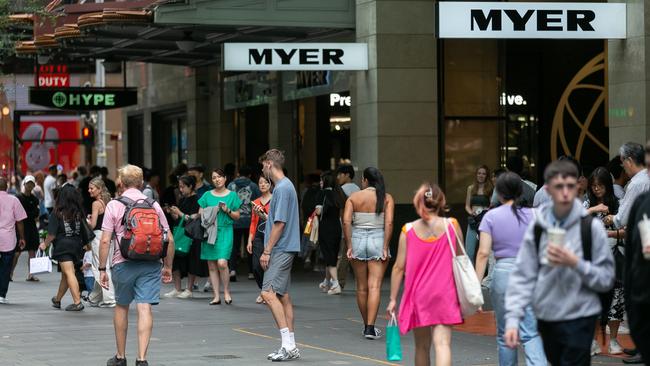
Deloitte Access Economics Partner and report lead author, Stephen Smith, came out swinging, directly hitting out at the RBA’s recent moves
“Our view remains unchanged – the additional 50 basis points of increases earlier this year were unnecessary, and have prompted a further downgrade in Australia’s growth outlook,” Mr Smith said.
“That downgrade is centred on our households, and a ‘consumer recession’ is now forecast in 2023, with household spending expected to finish the year below where it started.
“At a cash rate of 3.6 per cent, most Australians will be just fine. Many, however, will not. In just 10 months, the cost of servicing an average $600,000 mortgage will have risen by more than $14,000 per year once those rate hikes are fully passed through.
“But that’s just the average, and there are plenty of mortgage holders on either side of those numbers.”
Mr Smith also highlighted the RBA’s own modelling, which predicts 15 per cent of variable-rate, owner-occupier mortgage holders will be in negative cash flow by the end of the year, with some already suffering.
“On these numbers, at least 300,000 Australian households may currently be experiencing negative cash flow, with mortgage repayments and essential living expenses together exceeding household disposable income,” he said.
“That should shock all of us.”
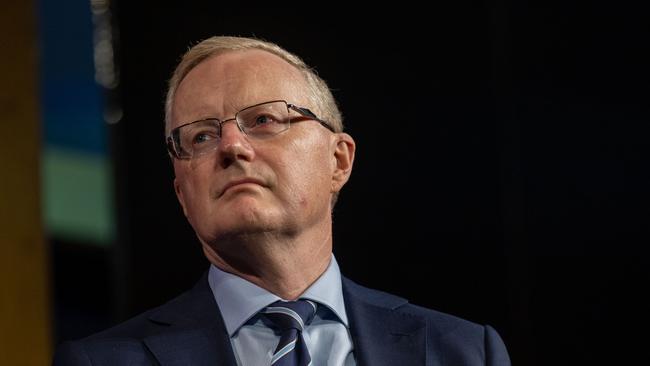
Mr Smith added that renters were also being battered by skyrocketing rents, with no relief on the horizon.
“This is an issue of supply and demand, but private dwelling investment is forecast to fall rather than increase through 2023, before recovering only modestly in 2024,” he said.
“Construction is expected to commence on significantly fewer houses and apartments compared to previous years – in fact, Deloitte Access Economics expects that 2023 will see construction commence on the fewest dwellings in more than a decade and almost 70,000 below the level commencements recorded in 2021.
“On these numbers, new housing supply would just barely keep pace with population growth, let alone ease what is a critical undersupply.”
As a result of households tightening their belts, construction slumping and endless grim global economic news, Deloitte has revised down expectations for Australian economic growth in calendar year 2023 and 2024 to just 1.5 per cent and 1.2 per cent respectively.
It comes just days after Reserve Bank of Australia officials finally admitted they “did a terrible job” after slugging hardworking Aussies with 10 consecutive rate rises and failing to curb inflation.
Speaking at a panel in Melbourne last week, Ian Harper, who has been a board member for seven years, conceded that after Covid hit, the central bank struggled to balance the need to keep inflation within its 2 to 3 per cent target and maintain stability in the financial system.
“Both of those things led us to be extremely cautious. With hindsight, excessively cautious in how we set interest rates during that time,” he said, according to The Australian.
He added that “with the benefit of hindsight … it looks like we did a terrible job”.
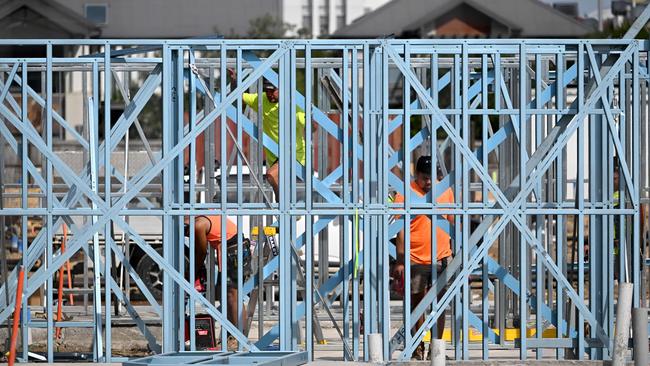
“When you look backwards, often times you see things much more clearly than you do at the time,” he said.
Meanwhile, deputy governor Michele Bullock also conceded the RBA’s crucial interest rate messaging was “garbled”, after the RBA repeatedly insisted throughout 2021 that it would not increase the cash rate until “2024 at the earliest”.
“I will accept … that the message got garbled. People latch on to a date … and even now that we are raising interest rates, they still want us to put a date on when we are going to stop doing it,” she said.
“We should have resisted … a little bit more there.”
Last week, the International Monetary Fund also warned that Australia was at particular risk of home loan defaults.
According to the IMF’s World Economic Outlook, Australia is facing the second-highest risk in the developed world – falling just behind Canada – as a result of our notoriously expensive house prices coupled with high household debt and increasing variable mortgage rates.
More Coverage
Originally published as RBA’s ‘unnecessary’ rate rises slammed by experts as ‘consumer recession’ looms




